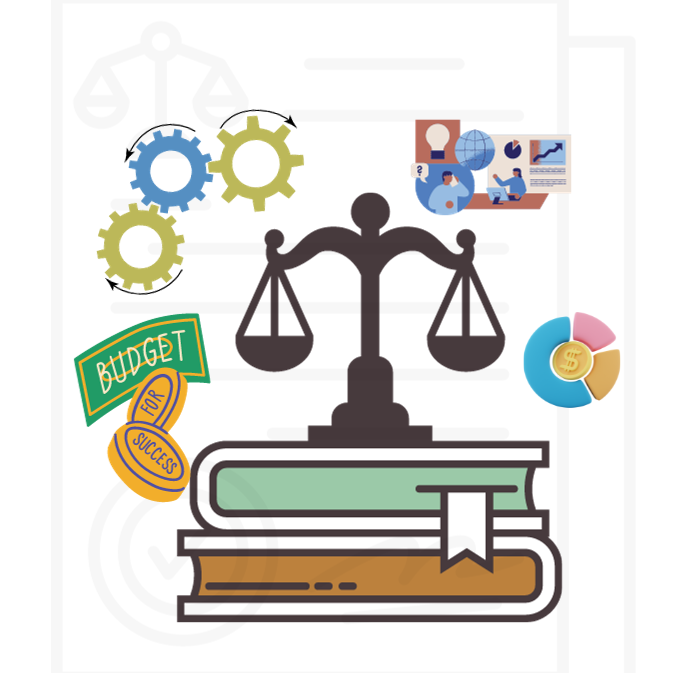

Time tracking systems are software tools designed to record and monitor the amount of time employees spend on tasks and projects. These systems offer a range of features to help organizations track, manage, and analyze time-related data. Law firms can gain a lot from time tracking systems in several ways. Here are a few main benefits:
Billing Precision:
Precise time monitoring guarantees that legal practices charge their clients fairly for the work completed. This is essential for upholding openness and fostering client trust.
Enhanced Income:
Effective tracking of billable hours can help legal firms make the most money. This is particularly crucial for businesses that charge their clients hourly.
Allocation of Resources:
Law firms can better understand how their resources are allocated by using data from time tracking. Making educated decisions regarding project management, workload distribution, and staffing may benefit from this understanding.
Customer Interaction:
Law firms can give their clients clear, comprehensive invoices with accurate time tracking. Clients can see precisely how much time was spent on each task, which contributes to the development of credibility and trust.
Management of Budgets:
Law firms can better manage and stick to project budgets by using time tracking. Maintaining profitability and preventing budget overruns requires doing this.
Assessment of Performance:
The performance of each lawyer and the firm can be assessed using time tracking data. It offers perceptions into areas for development, efficiency, and productivity.
Adherence to the Law:
There are legal matters that might call for thorough time logs of individual tasks. Systems for tracking time aid in ensuring adherence to rules and regulations.
Planning Strategically:
Strategic planning in law firms can benefit from the analysis of historical time tracking data. It enables businesses to recognize patterns, project workloads, and make future decisions based on data.
Cost Management:
Comprehending the way time is spent enables legal firms to pinpoint areas where expenses can be managed. This could entail reallocating resources, simplifying workflows, or optimizing processes.
Client Retention:
Accurate and transparent billing improves customer satisfaction. Happy customers are more likely to give positive reviews, recommend new business, and stick with the company.
Effectiveness and Output:
Time tracking helps identify areas for increased productivity. Through the identification of bottlenecks and time-wasting activities, legal firms can put strategies into place that improve productivity in general.
Automated Processes:
Workflows can be automated by integrating time tracking systems with other software and tools the law firm uses. This lowers the need for manual data entry, cuts down on errors, and boosts productivity all around.
Beveron Technologies Smart Lawyer Office is designed to provide all the benefits of an efficient time tracking system.
Conclusion
To sum up, time tracking systems provide legal firms with an extensive range of tools to help them manage their finances, resources, and clients more skillfully. They support higher overall organizational efficiency, higher profitability, and higher client satisfaction.







